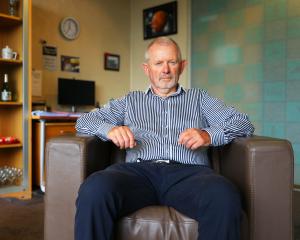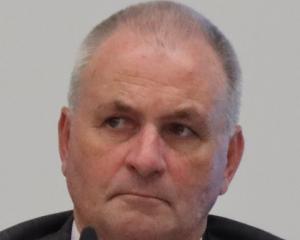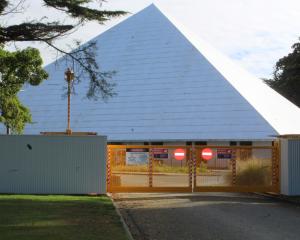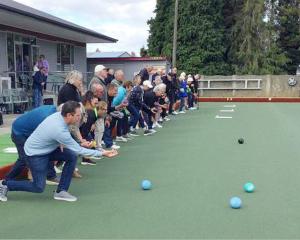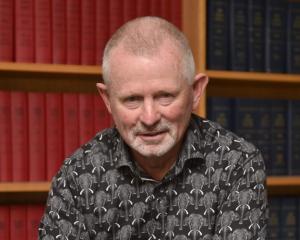Seven rural general practices in Southland and Otago have opposed a new rural practice funding model that includes the centralisation of after-hours care in some areas.
The model would allocate about $4.2 million of funding for rural general practices, and includes changes to after-hours care in Central Otago, Gore, and Queenstown.
Of 38 southern rural practices, 31 support the changes, while 7 oppose them.
The changes were proposed by a southern Rural Service Level Alliance Team (SLAT) appointed to develop a new model for distributing the available money after the 2013 Ministry of Health announcement that rural general practices would be funded a new way.
One of the main proposals was to have combined after-hours services at certain locations.
One at Dunstan Hospital, for example, would cover Cromwell, Alexandra and Roxburgh areas, replacing current on-call services.
Rural SLAT project manager Paul Rowe said the idea was to prevent unnecessary duplication, encourage co-operation between practices, and allow patients to access after hours services within a 60-minute drive.
Dr Susan MacPherson co-owner of Alexandra's Centennial Health said they had been trying for years to get a system like this in place, while Roxburgh Medical Services Trust chairman Geoff Smith said any services that would help coverage in rural practice areas was an advantage.
However, general practitioners from Cromwell Medical Centre were not supportive of the change and in a joint statement expressed concern about a lack of meaningful engagement on the proposal, including with the community, its lack of detail and the short timeframe for implementation.
''In our opinion this has the potential to significantly reduce the level of after-hours care offered to Cromwell residents.''
Karyn Penno, general manager of Dunstan Hospital, which has no emergency department, said the hospital was happy to work with general pracititioners as the process concerned with making a decision continued.
''We are just as interested in sustainability of after-hours services as they are.''
In Queenstown, there was support for the proposal that Lakes District Hospital would see patients overnight and practices would not be required to have an on-call GP, except for house calls.
Tapanui's West Otago Health, which has an integrated medical centre and aged-care facility, opposed the proposal that patients in Gore, Mataura and Tapanui would be able to access after-hours care at Gore Medical Centre and Gore Health, as well as overnight services at Gore Hospital.
Interim manager at West Otago Health, Marianne Parks, said they were still in talks with the Rural SLAT and as far as she was concerned, it was ''still a proposal''.
Rural SLAT chairman, Gore Mayor Tracy Hicks noted the ''pretty overwhelming support'' for changes so far, but also that any change brought a degree of discomfort for those involved.
''I think it was a fair proposal and the timeframe was largely driven by wanting a result.''
Rural general practice funding
• October 2013: Ministry of Health announces changes to rural general practice funding.
July 2014: Southern Rural Service Level Alliance Team is formed to develop single funding model for southern practices.
July 2015: 10 months of consultation with southern rural practices ends.
• 75% (31 practices) agree with proposed changes to services.
• 7 oppose them, citing financial implications and clinical objections
• Most contentious issue: Changes to after-hours care in Gore, Queenstown, and Central Otago.
• October 2015: Changes to be implemented.


